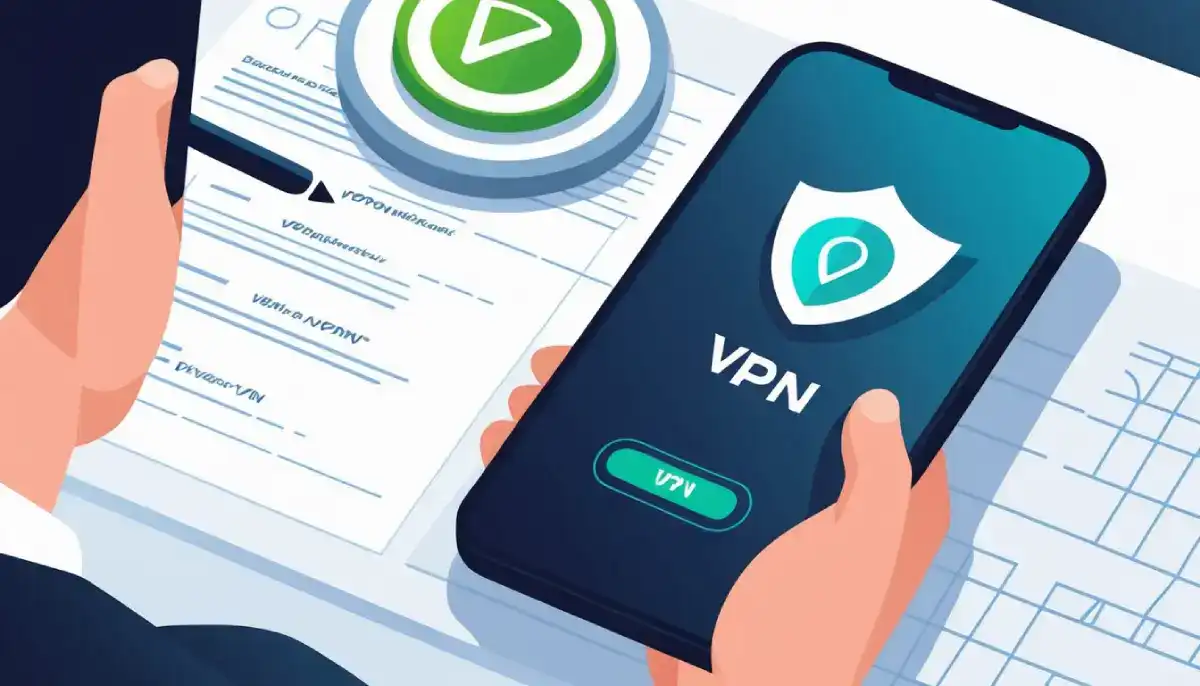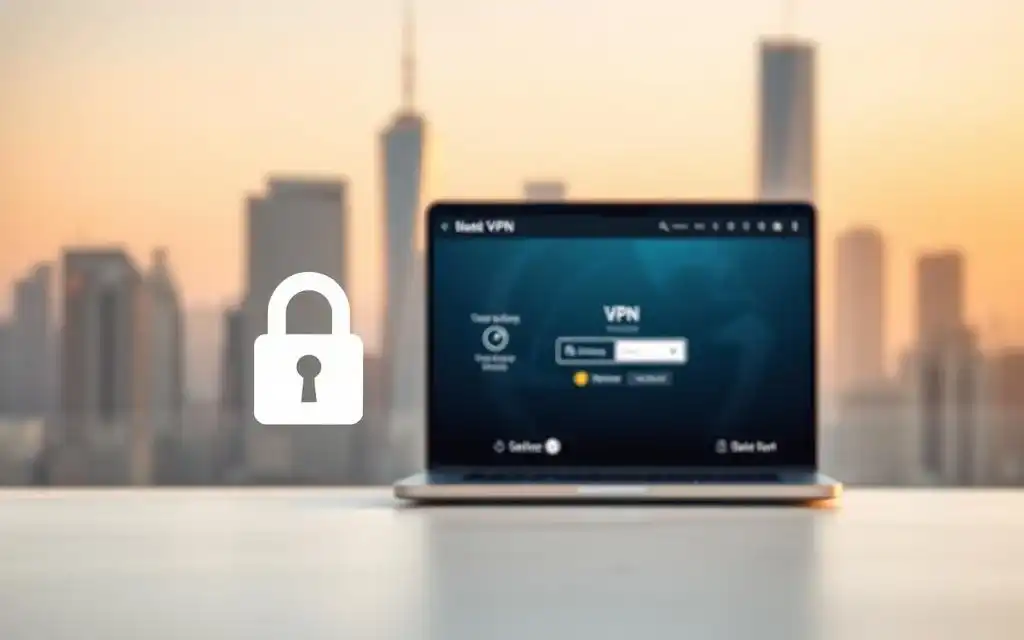What is a VPN? Discover how it protects your online privacy, its key benefits, and how to choose the best VPN for ultimate digital security. Imagine browsing the internet without fear of prying eyes, hackers, or data leaks. What if you could access your favorite shows restricted in your country with just one click? Sounds like a dream, right? Welcome to the world of Virtual Private Networks (VPNs)—a simple yet powerful tool designed to revolutionize your online experience. The term “VPN” might sound technical, but its purpose is straightforward: keeping you safe and anonymous online. In this article, we’ll break down what is a VPN, why you need one, and how it works—all in casual, easy-to-digest language. Whether you’re a tech newbie or a seasoned pro, this guide will offer valuable insights. If online security has ever felt confusing, don’t worry—you’re in the right place. By the end of this article, you’ll not only understand VPNs but also feel confident about integrating them into your digital life. Ready? Let’s dive in! What is a VPN? A Virtual Private Network (VPN) is a digital technology that acts as a secure conduit for your internet connection. By using encryption and server rerouting, VPNs protect your privacy and anonymity while online. Whether you’re streaming a movie, making an online purchase, or working remotely, a VPN ensures that your internet activity is safe from prying eyes. The Origin of VPNs VPNs were initially developed for businesses to allow employees to securely access company networks while working remotely. Over time, as privacy concerns grew and cyber threats increased, VPNs became popular among individual users. Today, they are widely used for both personal and professional purposes. Why Is a VPN Important? In a world where your data is constantly collected, analyzed, and sometimes sold, maintaining online privacy has become a necessity. A VPN acts as a safeguard, giving you control over your digital footprint. It also enables you to bypass geographic restrictions, ensuring a seamless and open internet experience. Who Can Benefit from a VPN? Frequent travelers: Access content from home while abroad. Privacy-conscious users: Stay anonymous online. Gamers: Reduce lag and bypass gaming restrictions. Businesses: Secure sensitive company data. Core Functionality of VPN The core functionality of a VPN lies in its ability to create a private and secure communication channel between your device and the internet. It accomplishes this using a combination of encryption, server rerouting, and secure protocols. Let’s dive deeper into each function. Encryption Encryption is the heart of a VPN’s security. A VPN encrypts your internet traffic, turning it into an unreadable code during transmission. This means that even if a hacker intercepts your data, they won’t be able to decipher it. The industry standard for encryption is AES-256-bit, known for its military-grade security. IP Address Masking Your IP address is like your digital home address—it tells websites and other entities where you are and who you are. A VPN hides your real IP address and assigns you one from its server network. This makes it appear as if you’re browsing from a completely different location. Secure Protocols for Communication VPNs rely on communication protocols to establish and maintain secure connections. Popular protocols include: OpenVPN: Known for its balance of speed and security. WireGuard: Offers fast and lightweight performance. IKEv2/IPSec: Ideal for mobile devices due to its stability during connection switches. Server Network Diversity VPN providers maintain servers across the globe. This ensures that users can choose a location to connect to, improving access to geo-restricted content and providing better connection speeds. For instance, connecting to a server in the US while in Asia can unlock American streaming platforms. Benefits of Using VPN Using a VPN offers a wide range of benefits for both casual users and professionals. Let’s break down how it can significantly enhance your online experience. Unmatched Privacy Privacy is a primary concern for internet users. A VPN ensures that your data remains confidential by encrypting it and keeping it out of reach from hackers, ISPs, and governments. Protection on Public Wi-Fi Public Wi-Fi networks, like those in cafes or airports, are often unsecure and susceptible to hacking. A VPN acts as your safety net, encrypting your data and preventing unauthorized access. Bypass Geo-Restrictions One of the most celebrated benefits of a VPN is its ability to unblock restricted content. For example: Streaming platforms: Access different Netflix libraries. Social media: Use platforms blocked in certain countries. Gaming: Play games available only in specific regions. Enhanced Security for Remote Work For businesses, a VPN ensures that employees working remotely can access company data securely. It creates a private connection to the office network, safeguarding sensitive information. Prevent Bandwidth Throttling Some ISPs throttle (slow down) your connection when you stream or download large files. A VPN hides your activity, making it impossible for your ISP to apply these restrictions. How Does a VPN Work? VPNs operate by creating a secure and encrypted connection between your device and a server controlled by the VPN provider. Here’s a step-by-step breakdown of how they work: Step 1 – Initiating the Connection When you activate your VPN, it establishes a connection between your device and a VPN server. This server could be located in your country or anywhere in the world, depending on your preference. Step 2 – Encryption of Data As soon as the connection is established, the VPN begins encrypting your data. Encryption scrambles your data into a coded format that can only be decrypted by the VPN server. This process prevents anyone, including hackers and ISPs, from viewing your internet activity. Step 3 – Data Transmission Through the Tunnel Your encrypted data is then transmitted through a secure “tunnel” created by the VPN. This tunnel ensures that your data remains safe from potential threats while in transit. Step 4 – Server Rerouting Once your data reaches the VPN server, it is decrypted and sent to its intended destination (e.g., a website or app). The server assigns its own IP address





